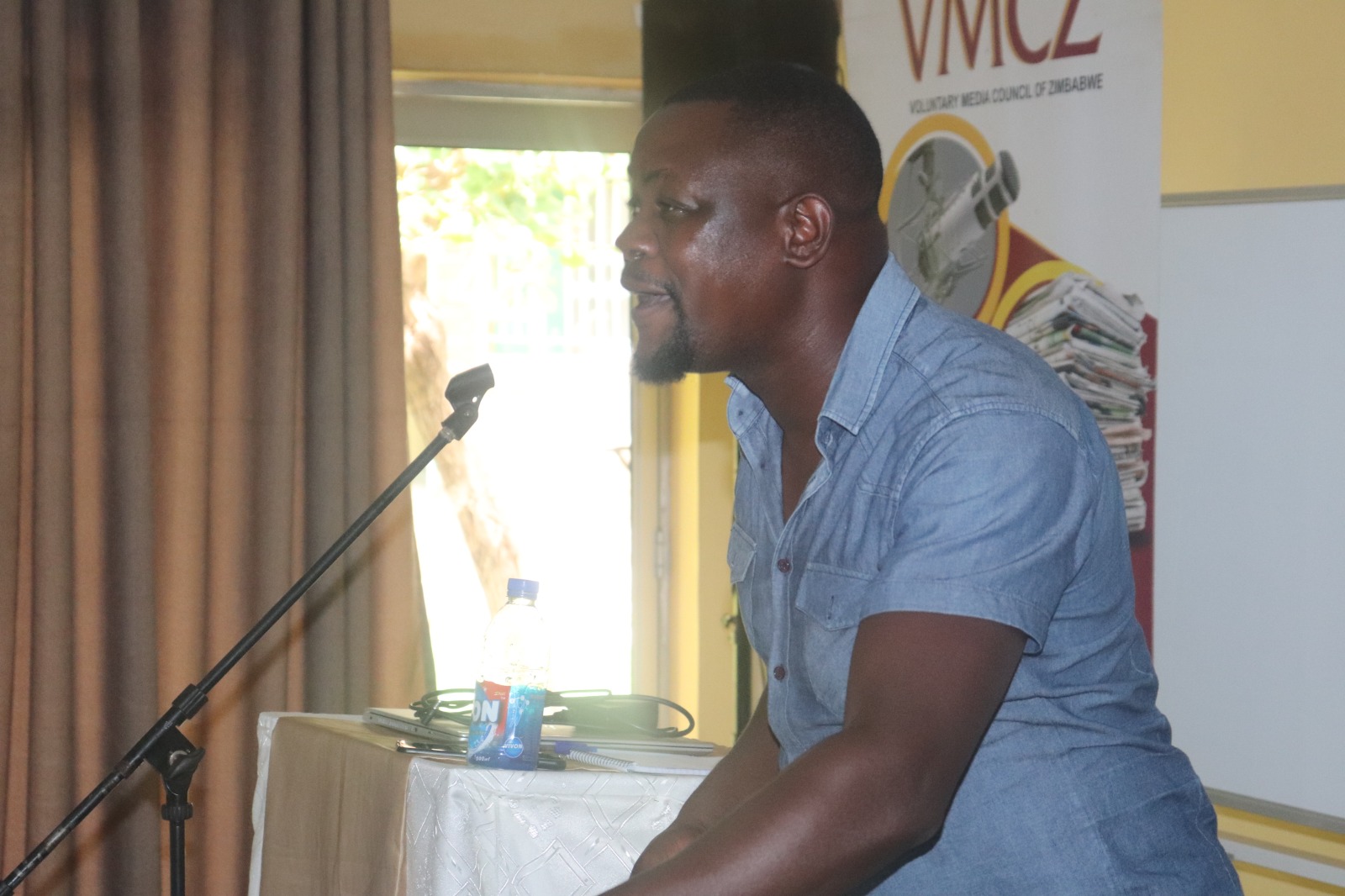By Chipo Gudhe
An uncoordinated approach to urban development in Gweru has strained utilities spelling a huge environmental and health disaster if left unaddressed, an expert in Governance and Public Management has said.
The clarion call was made yesterday by Dr. Vincent Chakunda at an editors’ engagement Indaba on Social Accountability Reporting supported by ActionAid Zimbabwe in partnership with the Voluntary Media Council of Zimbabwe held in Kadoma.
Dr Chakunda highlighted critical concerns regarding the uncoordinated approach to urban development across Zimbabwe zeroing in on Gweru in particular where he said the prevalent lack of consideration for existing water and sewer reticulation systems during urban development has resulted in a haphazard and unsustainable infrastructure landscape.
He said that the rapid expansion ofGweru has been occurring without due regard to the pre-existing infrastructure, leading to numerous challenges and inefficiencies in service delivery.
“Most urban development in Zimbabwe is being done haphazardly, without proper assessment or consideration for the already strained water and sewer reticulation systems. Go to Gweru, Woodlands there are over 1000 housing units but there is no environmental assessment impact explaining why the whole suburb is built next to a dumping site and on a wetland. This is a result of deficiencies in local planning.
Go to Ridgemont, on a plus or minus 6oo square metre stand you see a septic tank, a soak away, and a borehole. What it means is that as water levels rise it contaminates groundwater as sewage is simply soaked into groundwater,” he said.
He added that the problem with most local authorities like Gweru is that development is politically based as local authorities turned to private contractors for physical planning and other expert services yet they do not have the capacity.
“What is happening in these areas is that housing development and settling is being done faster than the provision of site infrastructure to such an extent that people live in houses with no water, sewer systems, and roads,” he said.
According to Dr Chakunda’s analysis, the failure to integrate urban expansion with essential infrastructure systems has resulted in overstretched utilities, water shortages, and compromised sanitation networks. This oversight he said has perpetuated the strain on existing resources and has significantly hampered the ability to provide adequate services to burgeoning urban populations.
He said that the consequences of this shortsighted approach extend beyond immediate service inadequacies, affecting the overall quality of life for residents. He highlighted the increased risk of waterborne diseases due to compromised sewer systems and emphasized the urgency of rectifying these issues to ensure public health and sustainable urban growth.
Dr Chakunda said the current situation is a real-time bomb waiting to explode.
“There is a crisis and in the next 10 to 15 years we will be recording more cases of waterborne diseases like cholera, dysentery, or typhoid because there is a big mess we should be dealing with. A serious portion of the national budget should be committed to deal with this crisis,” he said.
Meanwhile, hot on the heels of Dr Chakunda’s analysis, Gweru City Council yesterday set up emergency centers in response to impending flash floods which perennially affect suburbs like Woodlands, Mambo, Senga, Mtapa, and parts of Mkoba.
“We would like to inform our valued residents that we have evacuation centers set up for those who have been affected by floods or those who will be affected by floods,” Gweru City Council said in a statement.
Woodlands residents were affected by the heavy rains that hit Gweru on Monday and their homes, property were damaged in the process.
Gweru for the past years has been facing flooding challenges due to poor storm drain systems, establishment of settlements on wetlands and poor planning.



